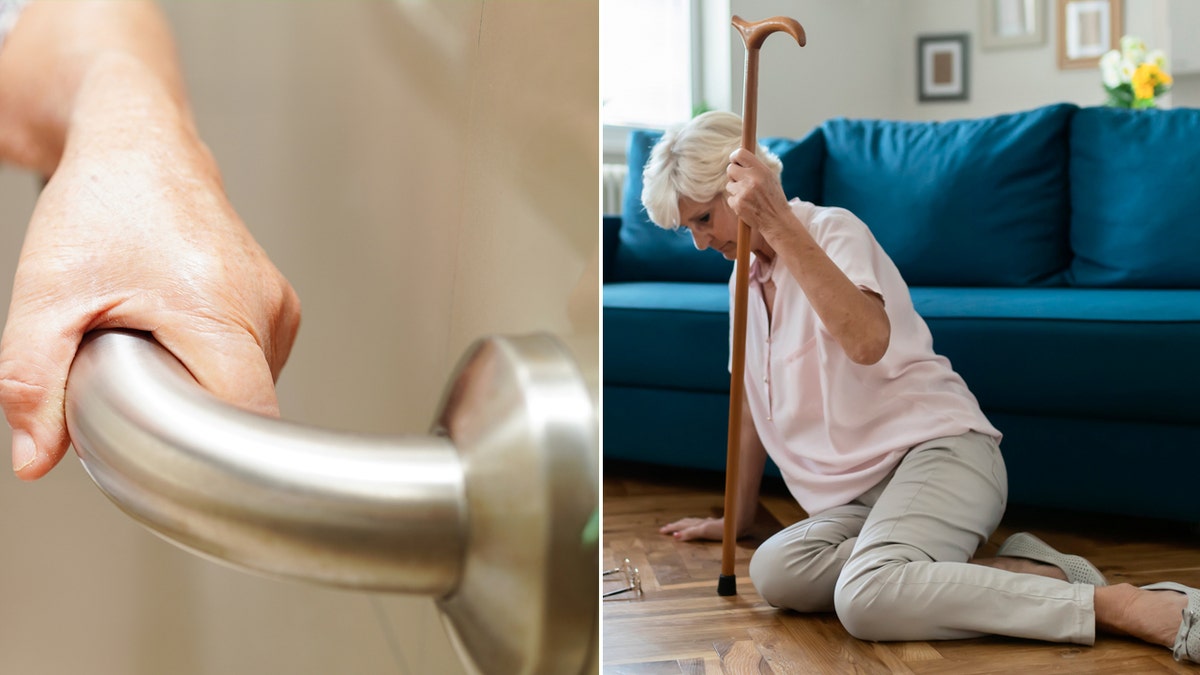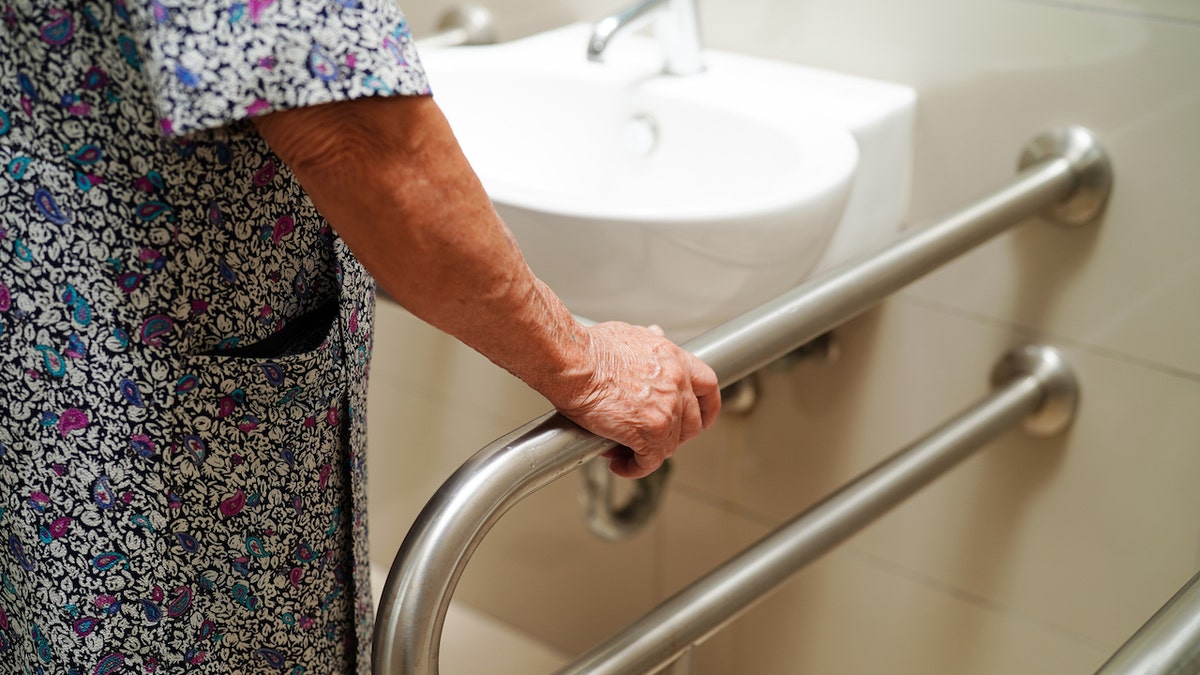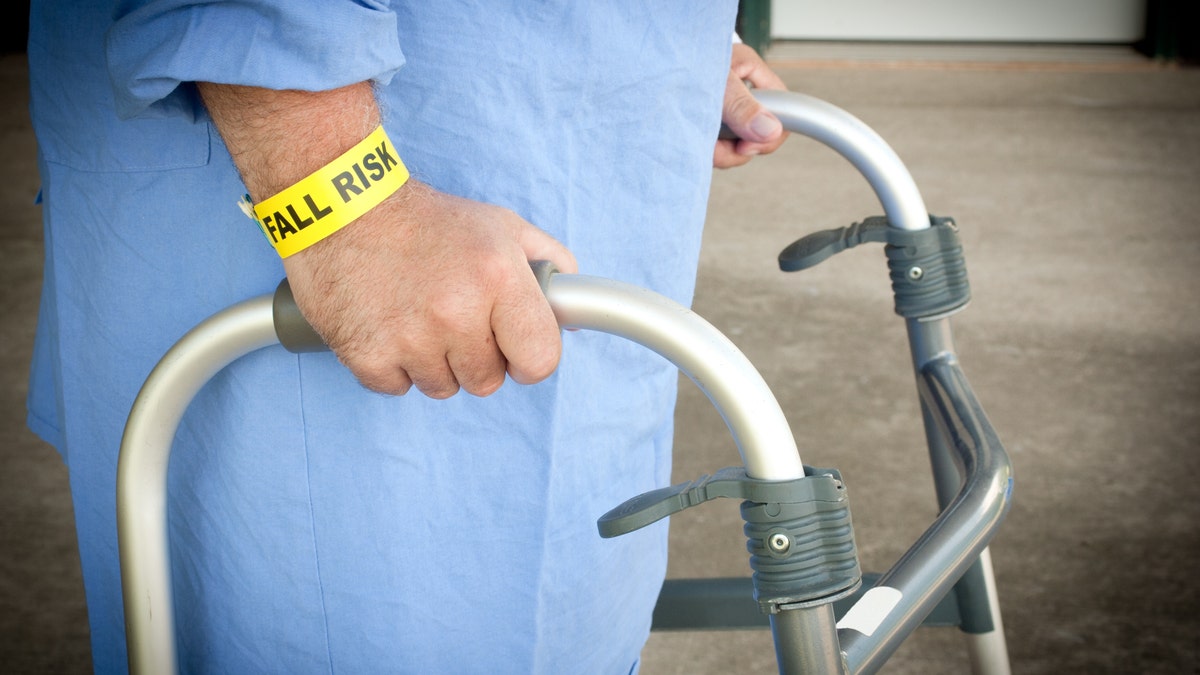With the increasing strain on healthcare systems, AI is emerging as a valuable tool, particularly in the care of older adults. Falls are a significant concern for this population, affecting over 25% of seniors annually, with 3 million requiring emergency room treatment, according to the CDC.
Fractures, especially of the hip, wrist, spine, and arm, are common consequences of falls, impacting mobility and independence, explains Christynne Helfrich, PT, a physical therapist consultant for Hinge Health. Head injuries, ranging from minor bumps to severe trauma, also pose a serious threat.
Staying Active for Fall Prevention
Daily physical activity, such as walking or low-impact exercises, is crucial for maintaining muscle strength, joint flexibility, and overall endurance. Helfrich emphasizes that regular activity significantly improves seniors' ability to live independently and reduces their fall risk. Finding enjoyable activities like swimming, yoga, or Tai Chi encourages consistent engagement.

Engaging in enjoyable activities promotes regular exercise and reduces fall risk.
Creating a Safe Home Environment
Given that 60% of falls occur at home (NCOA), optimizing home safety is paramount. Helfrich recommends enhancing lighting, decluttering floors, installing grab bars in bathrooms, removing tripping hazards like rugs, adding stair railings, and incorporating ramps where necessary.

Home modifications like grab bars enhance safety and prevent falls.
Open Communication with Healthcare Providers
While alarmingly, less than half of seniors who fall inform their doctors (CDC), discussing fall prevention with healthcare professionals is vital. Doctors can recommend physical therapy, fall prevention programs, and review medications for balance-related side effects. Vitamin D supplementation and regular eye exams are also crucial for fall prevention.

Regular consultations with healthcare providers are essential for fall prevention.
Mindful Movements and Restful Sleep
Orthostatic hypotension, a sudden drop in blood pressure upon standing, can cause dizziness and increase fall risk. Helfrich advises rising slowly from bed or chairs to mitigate this. Adequate sleep is also crucial for seniors, as fatigue increases fall susceptibility.
Comments(0)
Top Comments